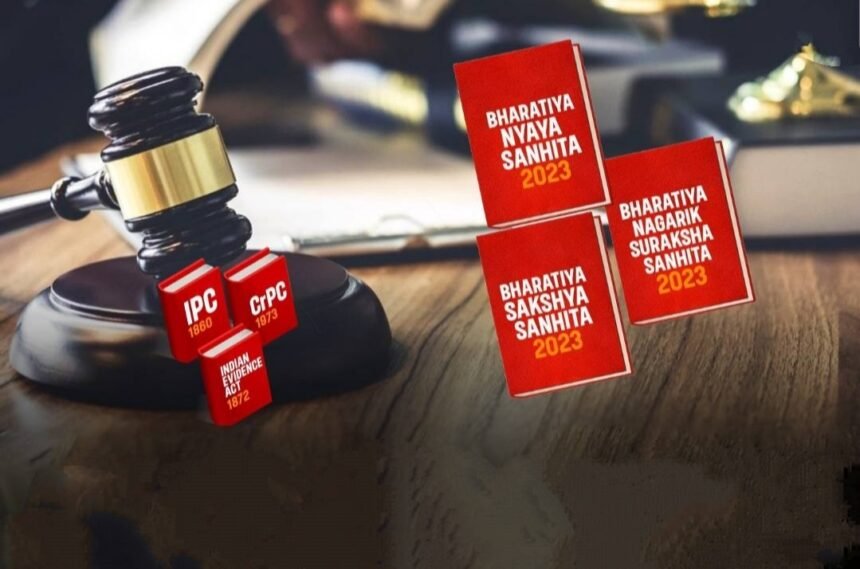Three new criminal #laws—Bharatiya Nyaya Sanhita (BNS), Bharatiya Nagarik Suraksha Sanhita (BNSS), and Bharatiya Sakshya Adhiniyam (BSA)—are set to be implemented in India from July 1, replacing the colonial-era Indian Penal Code (IPC), Code of Criminal #Procedure (CrPC), and Indian Evidence Act.
Key Points About the New Laws:
1. Judgments in criminal cases must be delivered within 45 days after the trial concludes. Charges should be framed within 60 days from the first hearing. Additionally, all state governments are mandated to implement witness protection schemes.
2. Statements from rape victims will now be recorded by female police officers in the presence of the victim’s guardian or relative. Medical examinations must be completed within seven days.
3. Anew chapter specifically addresses crimes against women and children, categorizing the buying or selling of a child as a heinous crime. Gang rape of a minor may result in a death sentence or life imprisonment.
4. There are now specified punishments for deceiving women with false marriage promises and then abandoning them.
5. Victims of crimes against women are entitled to regular case updates within 90 days. Hospitals must provide free first aid or medical treatment to victims of crimes against women and children.
6. Both accused and victims are entitled to copies of all legal documents including FIRs, police reports, charge sheets, and more within 14 days. Courts are limited to a maximum of two adjournments to minimize delays.
7. Crimes can be reported via electronic communication. Zero FIR allows for filing FIRs at any police station, irrespective of jurisdiction.
8. Arrested individuals have the right to inform a person of their choice about their arrest to ensure immediate support. Arrest details must be clearly displayed at police stations and district headquarters.
9. Forensic experts are required to visit the scenes of serious crimes to collect evidence.
10. The legal definition of “gender” now includes transgender individuals. For specific crimes against women, statements should be taken by a woman magistrate whenever possible.





